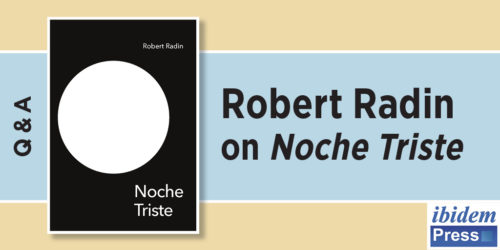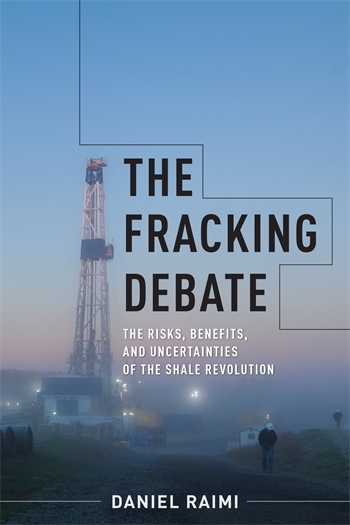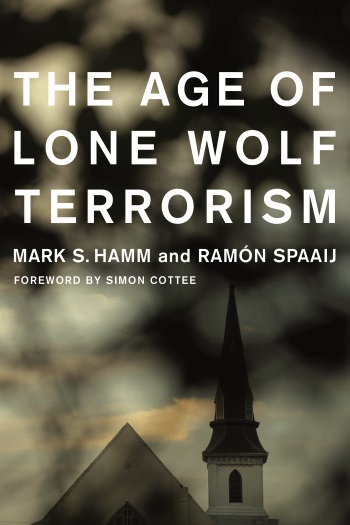Interview with Arshin Adib-Moghaddam
 The Public Record recently interviewed Arshin Adib-Moghaddam, author of A Metahistory of the Clash of Civilisations: Us and Them Beyond Orientalism. In the interview Adib-Moghaddam, who was born to Iranian parents in Turkey, discussed the continuing controversy over Iran’s nuclear program, the Western media’s depiction of Iran, the future of Iran-West relations, and the prospect of Iran’s Green Movement.
The Public Record recently interviewed Arshin Adib-Moghaddam, author of A Metahistory of the Clash of Civilisations: Us and Them Beyond Orientalism. In the interview Adib-Moghaddam, who was born to Iranian parents in Turkey, discussed the continuing controversy over Iran’s nuclear program, the Western media’s depiction of Iran, the future of Iran-West relations, and the prospect of Iran’s Green Movement.
Adib-Moghaddam argues that no one has proven the existence of Iran’s nuclear program and it is used to punish Iran for having an independent foreign policy. More specifically, the West legitimizes sanctions in Iran to prevent it from developing nuclear weapons when what it really wants is to contain Iran’s growing power in the region. Adib-Moghaddam contrasts this with Israel, a nation which in fact does have a nuclear program but one that does not receive the same type of scrutiny as Iran’s. He contextualizes this in light of his book:
I have argued in “A Metahistory of the Clash of Civilisations” that justice in world politics is the surface effect of a series of constellations that can be manipulated towards particular ends. So justice is a product of politics and diplomacy rather than an objective value that is universally applicable. At the same time I reject the notion that world politics has to be anarchic, that the Hobbesian idea of a war of all against all is inevitable. It was Europe and then the United States that constructed and supervised this unjust order. It is not due to some kind of natural law. So it can be changed. The Israeli nuclear programme must be seen within this larger context of an unjust world order that continues to produce hypocrisies on major issues facing human kind…. The reform of the international institutions must do away with the hierarchy inscribed in them. One way of dealing with this would be to turn the United Nations Security Council into a rather more representative body that would reflect the emerging non-western world order.
In assessing the Green Movement in Iran, Adib-Moghaddam arguest that it is more of a reform movement than a revolution. He concludes by saying,
To my mind, this is primarily an intellectual jihad which requires research, patience and a good dose of cross-cultural empathy. It is not enough to speak truth to power from the outside any anymore. It is necessary to perfect resistance strategies that penetrate power from within. And isn’t this what the brave activists from Tahrir Square in Cairo to Syntagma Square in Athens are demanding as we speak?




